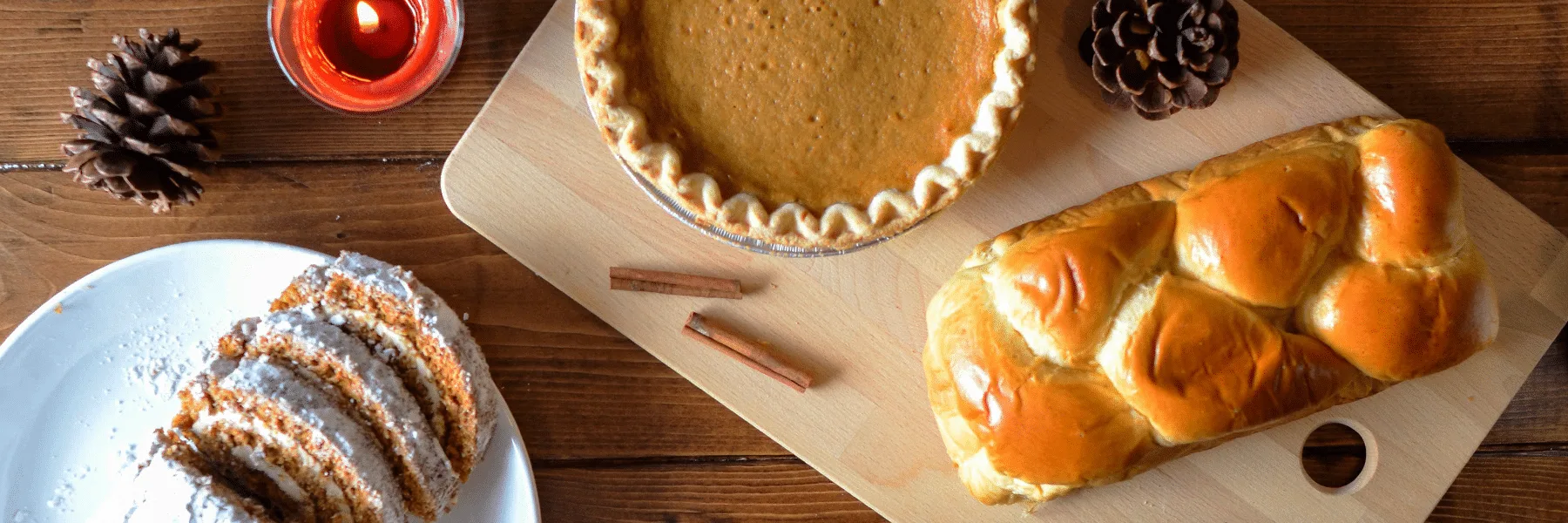Topics
- Post
- Health & Wellness
Podcast No. 50: Holiday Hacks--Travel Better, Eat Smarter, Reduce Stress

WHOOP Vice President of Performance Kristen Holmes and Director of Analytics Emily Capodilupo are back once again with a number of tips and tricks to help optimize your performance during what can be a strenuous time of year for many of us.
From how to get the best night’s sleep when you’re away from home, to managing your holiday eating, to improving your mindset and avoiding unnecessary stress, Kristen and Emily are here to help you thrive this season and make the most of your WHOOP data.
Travel Hacks
3:26 - Optimize Your Hotel Room. “No. 1, obviously, start with temperature, get it down to 65,” Kristen says. “When I’m booking the room, I always request the quietest place.” 4:24 - Make it Dark. “Use the trouser hanger to close the curtains.” 4:59 - Nutrition & Hydration on the Road. “If I can’t get a good meal in, I generally avoid eating [while in transit]. Really prioritize your water.” 5:25 - Recycled Air on Planes is extremely dehydrating. “When they come around for your drink orders, drink water,” Emily says. Kristen asks, “Is it true that the airplane is 18 times drier than the Sahara Desert?” 6:10 - Bring Your Own Pillow. “When I get to a hotel and the pillow sucks, that’s a little bit of a downer.” 6:29 - Earplugs. “You don’t want to become a victim to a bad next-door neighbor [on the plane],” Emily says. 6:40 - Be Prepared. “You’re not in your home environment, so you have to be a little bit more intentional. … Double down on respecting the elements of your nighttime routine that you can travel with.” 8:15 - Feel Safe When You Go to Bed. “It will help your body relax and trust that this is a good environment.” Emily cites a study that says we don’t sleep as well in a new place. 9:50 - Sleep Mask, so you can control light in an unfamiliar location. 10:15 - Control what You Can Control. “Think of the other things you can do to support your body in a situation where you’re not going to meet your sleep need” or be able to train, workout or eat how you’d normally like to.
Nutrition Hacks
11:45 - Vitamins & Supplements. “I have 3 recommendations,” Emily says. “Vitamin C, Vitamin D and Magnesium. Vitamin C is your immune system friend,” and Vitamin D helps combat lack of sunlight. “Magnesium helps us relax, it reduces anxiety, it helps us sleep and it’s really good for your skin. … I tend to take it in the morning because it also helps with exercise recovery.” 15:03 - Combat Mindless Eating. “If you’re hosting, be strategic about where you put snacks,” Kristen says. “Getting food out of the kitchen can be helpful and will reduce some of the mindless grazing that happens.” 16:21 - Day Drink! (As opposed to drinking before bed). “To the degree that you can, think about stopping your alcohol consumption by 8 o’clock if you intend to sleep around 11, for example.” This will drastically improve the quality of your sleep. 16:48 - A Chance to Build Muscle. “The excess calories make you very primed to put on muscle,” if you’d like to push your body with harder than normal strength workouts during a time when you’re likely eating more than usual. 18:07 - Add Activities into your Schedule. “Are there things that we can do to break up sitting in the house all day long? Go for a hike, go outside and throw the football around.”
Stress Relief Hacks
18:51 - Managing Holiday Stress. “Get back to the idea that the holidays are a wonderful thing.” 19:28 - Gratitude Journal. “Wake up and write down as many things as you can that you’re grateful for. Try to include things about the folks you’re going to be interacting with.” 20:17 - Exercise to Reduce Stress. “When you get up, put on exercise clothes,” Emily says. “When you’re dressed for it it’s much easier to sneak it in.” 21:31 - Mindfulness or Meditation to start the day. “A quiet moment before you hit the masses, I think that’s important,” Kirsten says. Emily adds “I’ve seen a lot of research that suggestions that meditations as short as even 10 or 15 seconds can do wonders for centering yourself and improving your respiratory rate.” 22:15 - Intentional Breathing. “Breathe in through your nose for 4 seconds, hold for 2 seconds, then breathe out. Doing that for 15 seconds is an awesome way to reset,” Kristen notes. “This is not going to change or remove the stressor, it basically replenishes your capacity to adapt.” 23:31 - Calmness and Alertness. Kristen suggests googling “Box breathing,” which helps create a balance between the sympathetic and parasympathetic branches of your autonomic nervous system. “You’re sort of faking, with your respiratory rate, high heart rate variability, but then it maintains itself,” Emily explains. “It’s like a 15-second power nap.” 26:44 - Things are Imperfect, but don’t give up. “Little interventions to get small recovery boosts. … Let these stressors therefore have the smallest impact.” 27:35 - WHOOP Data. “Make it work for you, whatever that means in your life,” Kristen says. “Go have fun, do it, own it,” Emily adds, “but you’re not going to be able to manage your recovery process if you have no idea what kind of damage you’ve done. … Keep your WHOOP on, but be nice to yourself about the damage you’re doing.” 28:39 - You Don’t Have to Be Green Everyday. “You want to be green when you need to be green. … You’re not doing any long-term damage by getting a little less sleep.” 30:09 - An Opportunity to Cross-Train with workouts or activities you’re not accustomed to, like ice skating for example. “The fact that’s it’s different can challenge your body in a new way.”